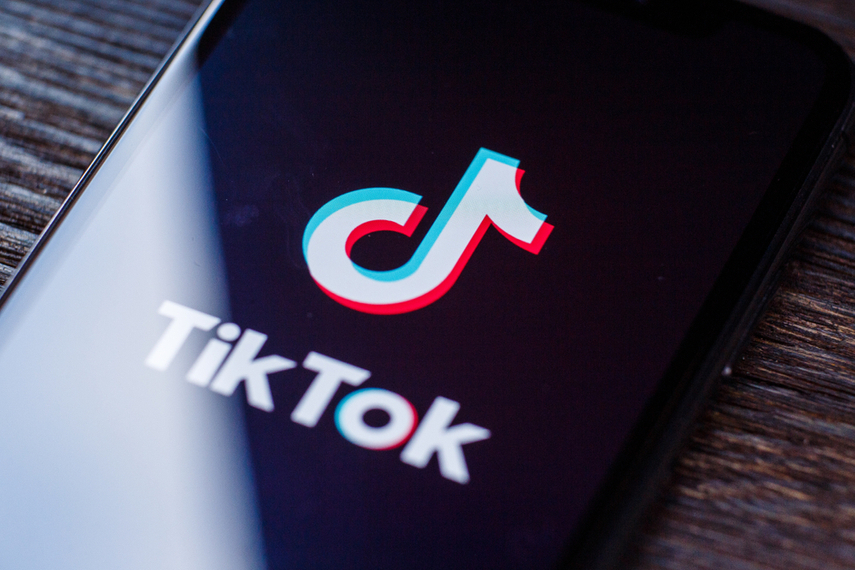
Please sign in or register
Existing users sign in here
Having trouble signing in?
Contact Customer Support at
[email protected]
or call+91 022 69047500
Pakistan's telecommunications regulator said TikTok has "assured" it that it will moderate content "in accordance with societal norms and the laws of Pakistan".

Contact Customer Support at
[email protected]
or call+91 022 69047500
Top news, insights and analysis every weekday
Sign up for Campaign Bulletins
Even as overall dealmaking declines, certain sectors such as ecommerce continue to be a major draw.
The loss was fuelled by $203 million in costs for 'strategic restructuring actions'.
Spikes Asia 2025 concluded tonight in Singapore with Ogilvy named Network of the Year, Colenso BBDO Auckland and EssenceMediacom taking home top honours, and Kazakhstan joining the winners’ circle for the first time.
This investment in the AI-led platform will support Havas Health Network, boost Havas Creative and Media Networks, and refine the agency's media precision.